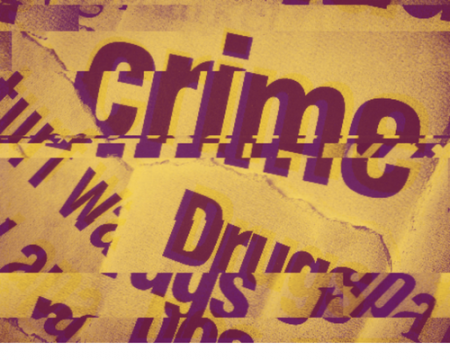War on Drugs
Our nation’s misguided and costly "War on Drugs" has undermined civil liberties in many ways — eroding protections against unlawful searches and seizures, imposing overly harsh sentences on individuals, disproportionately impacting communities of color. The ACLU of Washington Drug Policy Project works for policies that treat drug use as a public health concern, not a criminal justice matter, through public education, legislative advocacy, and litigation.







